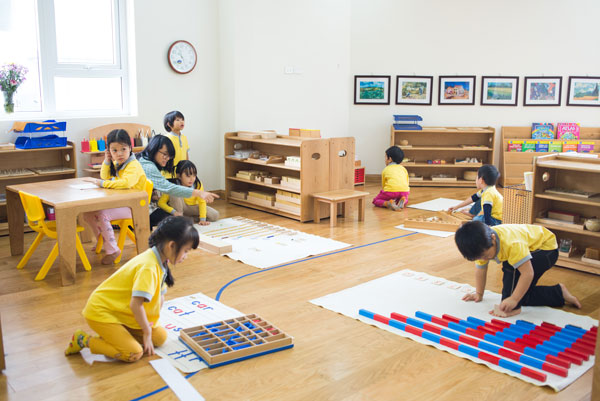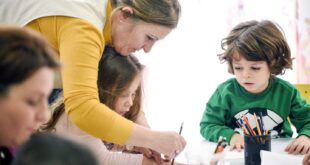The Evolution of Montessori method, developed by Dr. Maria Montessori in the early 1900s, has stood the test of time. Yet, like all educational philosophies, it has seen evolutions, adaptations, and integrations with modern pedagogical practices. How has Montessori education evolved over the years to meet the needs of today’s generation, while still preserving its core principles? Let’s delve into this captivating journey of tradition and transformation.
Historical Roots: Montessori’s Inception
Born out of Dr. Maria Montessori’s work with children in the slums of Rome, the Montessori method revolutionized early childhood education with its child-centric approach, tactile learning materials, and emphasis on self-directed learning.
Changes and Challenges in the Modern World
- Digital Age: The rise of technology has posed questions about integrating digital tools in a Montessori setting. How do screens fit into an environment rooted in tangible, hands-on experiences?
- Globalization: As the world becomes more interconnected, there’s a growing need to instill global perspectives and cultural appreciation.
- Neuroscientific Research: Advances in neuroscience offer deeper insights into child development, potentially influencing Montessori practices.
Adapting While Staying True to the Core
- Tech Integration: Many Montessori classrooms today incorporate technology mindfully, ensuring it complements rather than replaces hands-on learning.
- Embracing Diversity: Modern Montessori institutions emphasize global awareness, fostering respect and appreciation for diverse cultures and perspectives.
- Incorporating Research: While Montessori’s principles remain, new research on child development can fine-tune practices to better serve children’s needs.
- Environmental Awareness: With growing concerns about the planet, sustainability and environmental stewardship have become integral to Montessori curriculums.
Feedback from the Montessori Community
Ongoing dialogue among Montessori educators, parents, and scholars ensures the method’s timely evolution. Montessori conferences play a pivotal role in this exchange. For instance, the Children Change The World Montessori Conference in Canada regularly discusses the challenges and adaptations of Montessori in modern times. Learn more about these discussions by viewing their schedule at www.childrenchangetheworld.com/schedule.
Conclusion
The Montessori method’s enduring relevance is a testament to its flexibility and foundational strength. While it has evolved to embrace the demands of modern times, its core – a profound respect for the child’s innate desire to learn – remains unaltered. In this balance between tradition and innovation, Montessori continues to shine as a beacon in holistic education.
The Evolution of Montessori
Montessori Education in Calgary
 Cupon Latino Cupones de descuento en negocios latinos
Cupon Latino Cupones de descuento en negocios latinos

